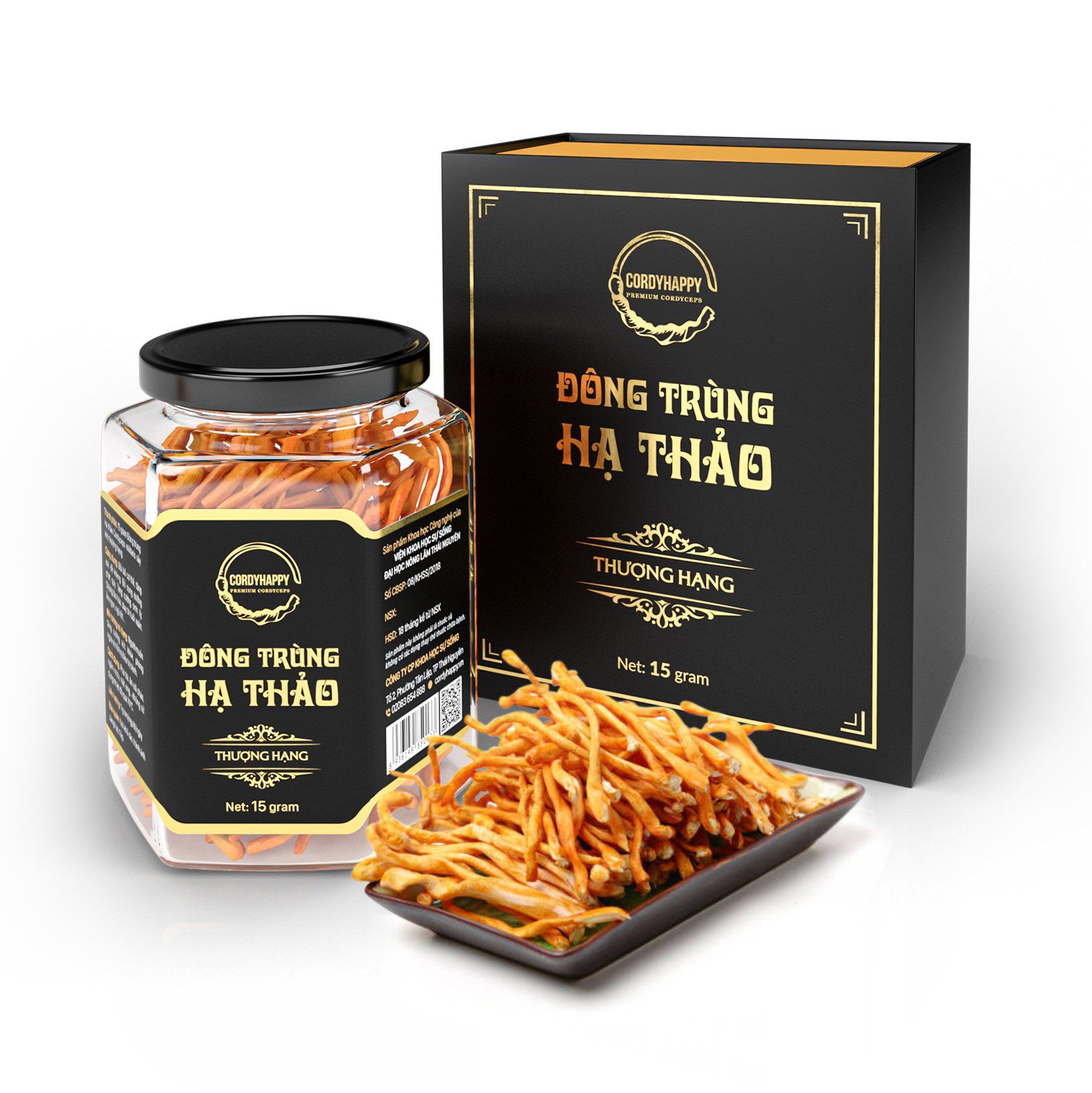Chất resveratrol trong rượu vang đỏ có thể chốn
Đưa hộ tôi lên trang news
http://www.thuvienkhoahoc.com/tusach/Hãy_ăn_nho_đỏ_hoặc_uống_rượu_vang_đỏ_sẽ_có_lợi_cho_sức_khỏe
C.X.H dịch và lồng tiếng
Đưa hộ tôi lên trang news
http://www.thuvienkhoahoc.com/tusach/Hãy_ăn_nho_đỏ_hoặc_uống_rượu_vang_đỏ_sẽ_có_lợi_cho_sức_khỏe
C.X.H dịch và lồng tiếng

